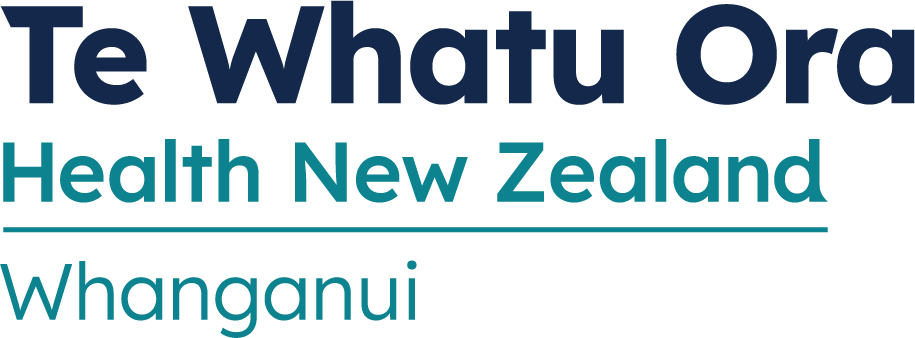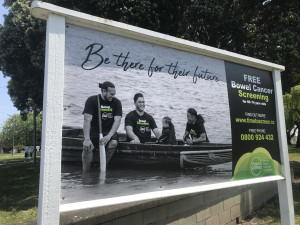
26 November 2019

While the positive test may not necessarily mean the presence of cancer, the results show the value of bowel screening in detecting tiny traces of blood in a bowel motion.
The National Bowel Screening programme launched in the Whanganui District Health Board region on October 22.
In the four weeks to November 19, 489 people have been invited to take part and been sent the easy-to-use test kit.
The tests so far have picked up five positive results, while 50 have returned negative tests, 431 people have yet to mail their kits back and three tests will need to be re-done (referred to as ‘spoilt’ tests).
Those five positives show the worth of the screening because if detected early, bowel cancer can be successfully treated. Bowel cancer is the second biggest cancer killer in New Zealand after lung cancer, claiming 1200 Kiwi lives every year.
A positive test result does not necessarily mean cancer. The screening test detects traces of blood present in a bowel motion, and small amounts of blood can be caused by minor conditions such as polyps (growths) or haemorrhoids (piles).
All five affected people will be scheduled for further investigation in the form of a colonoscopy within 45 working days.
The “spoilt” tests may be due to not having the correct label attached, the consent form not filled in properly, or the sample did not reach the laboratory within the required seven days.
It is important that the date the sample was collected is on the consent form; the yellow barcode sticker is attached to the sample tube; and that the test is done soon after arrival and posted off straight away.
Bowel screening is being offered to 12,000 people in the Whanganui region (which includes most of Rangitikei and Ruapehu and parts of South Taranaki) aged 60 to 74 years over the next two years.
People aged 60-74 will get the test kit in the post around their birthday. If they have an even birthdate (e.g. 2nd, 4th, 6th etc of the month), they will receive it in the first year – 22 October 2019 to 21 October 2020. If they have an odd birthdate (e.g. 1st, 3rd, 5th etc of the month), it will be in the second year -- 22 October 2020 to 21 October 2021.
Those who are aged 59 will get their test kit around their 60th birthday. People who will turn 75 before they are scheduled to be invited will receive a kit prior to their 75th birthday to ensure they can participate in at least one round of screening.



